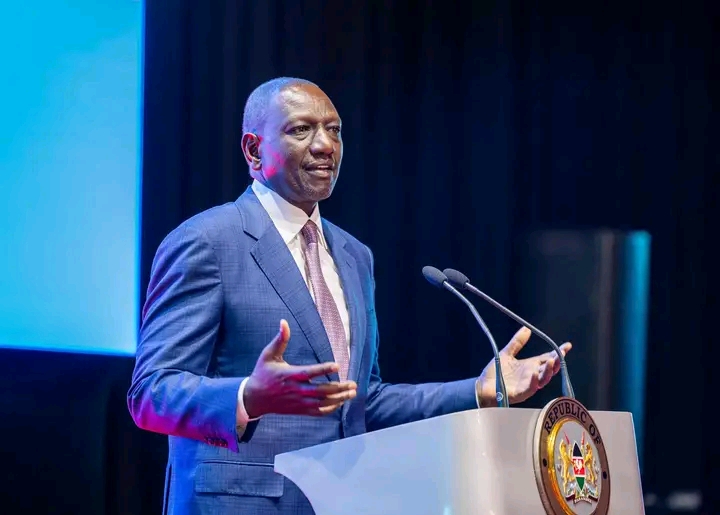By Ollus Ndomu
President William Ruto, once celebrated as Kenya’s “David” by Christian faithful, is now weathering a growing storm of dissent from the very religious leaders who propelled his rise to power. Church leaders across denominations have begun to openly criticize his government’s policies, particularly its heavy taxation measures and alleged authoritarian tendencies.
Dubbed “Zakayo”—Swahili for Zacchaeus, the biblical tax collector—Ruto has drawn ire for doubling fuel taxes, introducing a controversial housing levy, and raising salary taxes, all while failing to deliver on key campaign promises. Public discontent boiled over in June during nationwide protests led by Kenya’s youth, forcing a partial rollback of a contentious finance bill.
The once-cozy relationship between Ruto and the churches is fraying. High-profile clergy, including Rev. Teresia Wairimu of Faith Evangelistic Ministries and Rev. Tony Kiama of the River of God Church, have condemned the government’s policies and accused Ruto of forsaking his religious principles. “As a voter, I’m embarrassed,” Wairimu declared during a recent sermon.
Kenya’s Catholic bishops have issued the most scathing rebuke yet, accusing the government of fostering “a culture of lies” and creating an Orwellian state that silences dissent through intimidation, abductions, and killings. According to the Kenya National Commission on Human Rights, 60 people were killed and dozens went missing during recent anti-tax protests.
Ruto, who frequently invoked his faith and credited God for his electoral success, now finds his Sunday church visits shadowed by mounting skepticism. Many young Kenyans view the clergy’s political proximity as complicit in worsening economic conditions, forcing churches to recalibrate their stance.
The shift is significant in a nation where over 80% of the population identifies as Christian, and churches wield both spiritual and financial influence. For decades, political leaders have relied on the faith economy to galvanize support, with church fundraisers often doubling as campaign events.
Ruto’s administration has defended its tax policies as necessary to address Kenya’s public debt and fund critical services. “If people want better public services, they have to pay up,” Ruto has repeatedly said. Yet, the discontent suggests his fiscal approach risks alienating not only the electorate but also a powerful religious establishment.
The fallout raises questions about the durability of Ruto’s alliance with Kenya’s churches, which once saw him as a biblical savior but now hint that his reign may be faltering.


